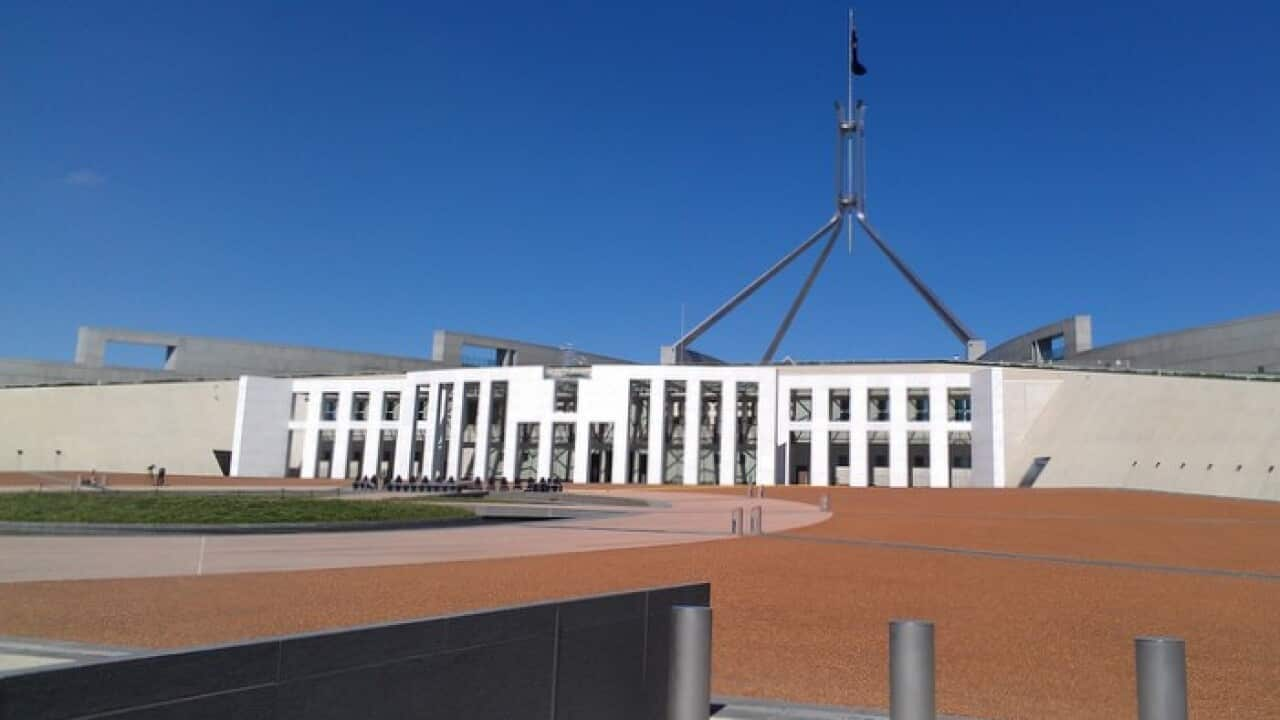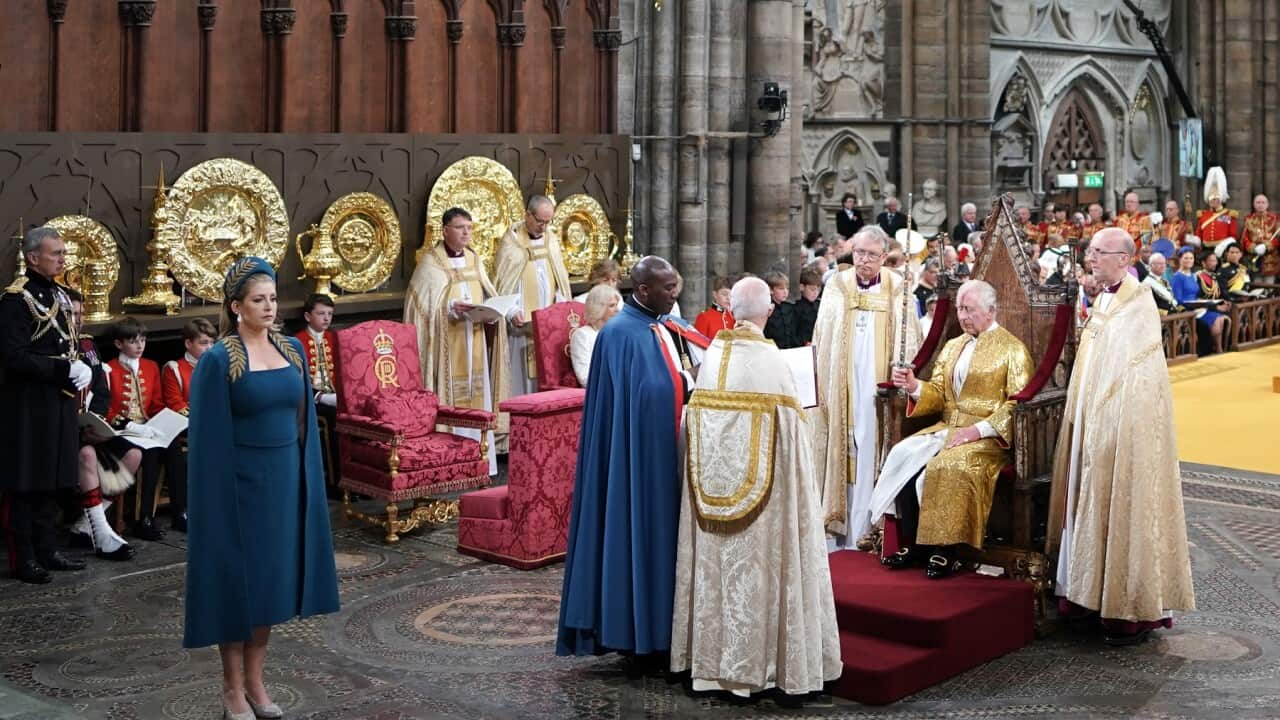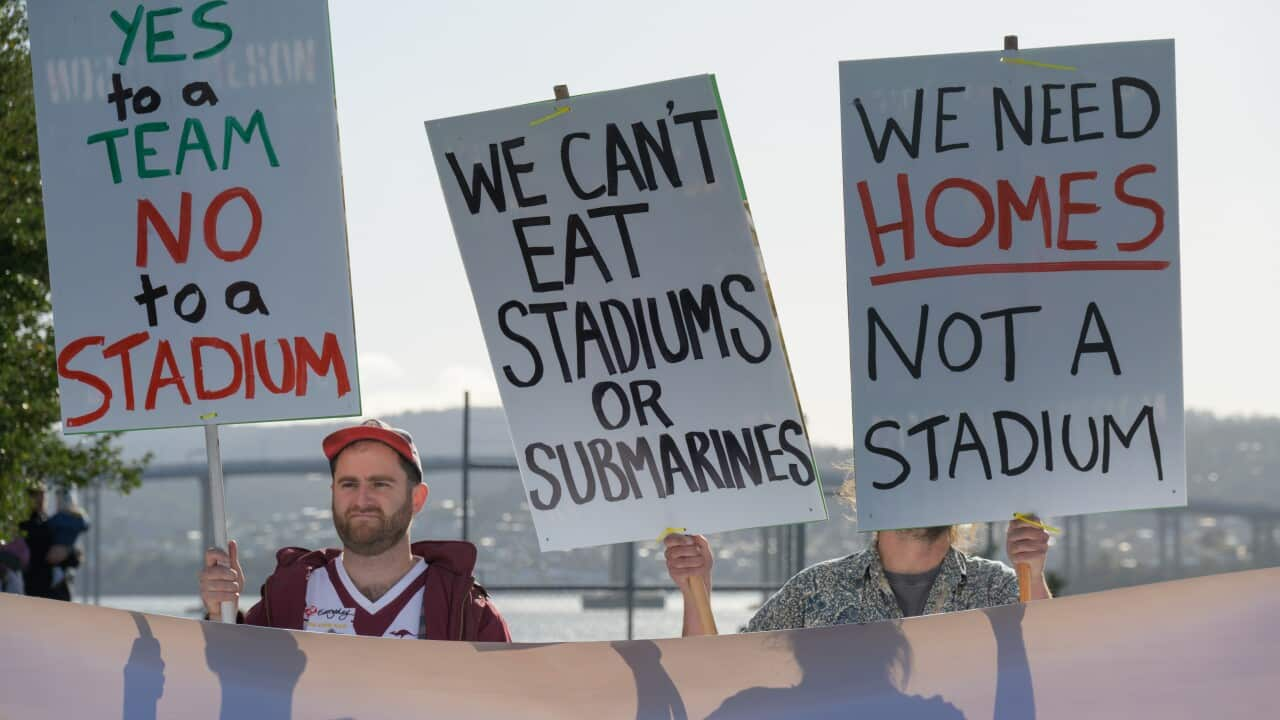The nation was ablaze, as tens of thousands of firefighters battled the black summer bushfires.
24 million hectares were burnt, more than 3000 homes destroyed and three billion animals killed.
Then, reports started to surface about a little-known virus, in a Chinese city called Wuhan.
Within weeks, it spread to countries across the globe. As infections rose and deaths mounted, the world was caught on the back foot.
World governments scrambled to contain the outbreak, declaring states of emergencies and shutting down whole cities.
The pandemic caused the worst global economic crisis since the Great Depression, forcing leaders around the world to act.
Australia was no different, with Prime Minister Scott Morrison announcing an immediate travel ban.
Movement ceased and sectors struggled - and the aviation industry was crippled over night, as Qantas CEO Alan Joyce grounded the fleet. Businesses went bust and millions lost their jobs; these Australians told SBS News of their heartache, as they lined up at Centrelink offices.
Businesses went bust and millions lost their jobs; these Australians told SBS News of their heartache, as they lined up at Centrelink offices.

Qantas Group Chief Executive Officer Alan Joyce Source: AAP
Panic permeated the nation, with people stockpiling goods from the supermarkets - and toilet paper was soon running out.
The Government announced the JobKeeper scheme, a 1500-dollar a fortnight payment to keep people employed, while JobSeeker was made available for those laid off.
Billions of dollars were pumped into the economy to keep it from collapse.
Finance Minister Mathias Cormann told the nation, the Australian economy was officially in recession for the first time in almost 30 years.
And just when people thought they were in the clear - a devastating second wave hit Victoria.
The human toll quickly added up.
Premier Dan Andrews became a regular fixture with his updates to the media.
The aged care sector was horribly under-prepared and under-resourced, the pandemic exposing huge faults in the decaying system.
The Commonwealth's purse strings were loosened some more, as the Prime Minister extended JobKeeper.
The government invested in science - as the best and brightest brains across the globe carried out trials on vaccines.
Several candidates showed promise - Chief Medical Officer Dr Brendan Murphy picking the front-runners.
Meanwhile trade tensions between Canberra and Beijing continued to escalate. Trade Minister Simon Birmingham told the senate, the government remains committed to the relationship.
Trade Minister Simon Birmingham told the senate, the government remains committed to the relationship.

Trade tensions between Australia and China intensify. Source: AAP
Barley, wine, lobster, coal, timber and beef all joined the list of Australian exports being targeted with tariffs.
The relationship between the two nations is at its lowest point in 50 years.
Scott Morrison demanded an apology from Beijing after a tweet was published in the account of a Chinese official, showing a fake image of an Australian soldier holding a knife to the throat of an Afghan child.
China refused to back away, its Ambassador to Australia playing down the saga.
Meanwhile, the Opposition continued to appeal to the government to get the tens of thousands of Australians stranded overseas back home.
And as the nation started to look forward to a break from an unforgettable year, federal politicians sat for the last time in 2020 in Canberra's Parliament House.
“As we come to the end of this parliamentary year and look forward to the Christmas period and the New year, we do look forward with a sense of hope”, Prime Minister Scott Morrison said.




